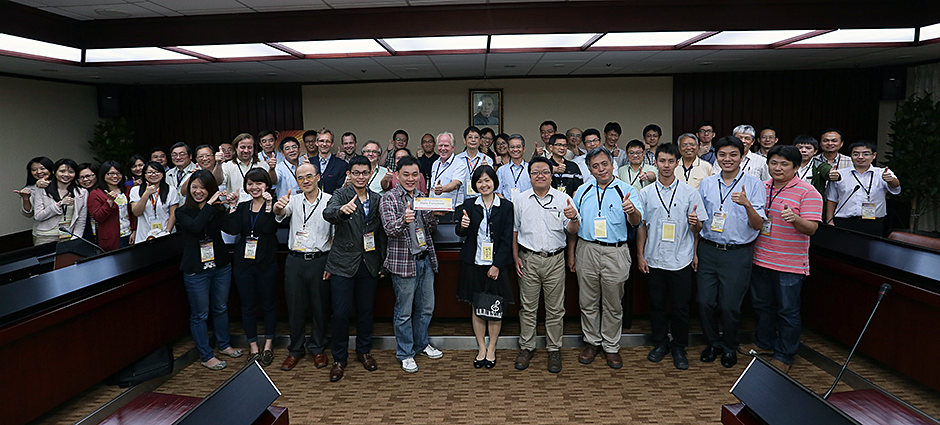This text is older than 8 years old and could contain inactive information.
Taiwan gets help from Swedish nuclear waste experts
SKB is now going to help Taiwan to get the work on the final disposal of its spent nuclear fuel off the ground. A three-year agreement has been signed to provide the Taiwanese with access to SKB’s expertise in, for instance, safety assessments and the technology for a final repository.
“This is the largest agreement that SKB International has ever signed and evidence of the international demand for Swedish expertise,” says Hans Forsström at SKB International AB, who has been involved in negotiating the contract.
Taiwan has six nuclear power reactors that have been in operation since the 1980s. They are owned by the national power company Taipower, which has now been required by the Taiwanese government to submit a report by 2017 that will show how the spent nuclear fuel from the reactors is to be dealt with and finally disposed of. This is where SKB International comes into the picture.
Growing interest
Discussions with Taiwan have been going on for a long time, but it was in October 2013 that serious interest developed. Hans Forsström was then invited together with Timo Äikäs from Posiva to a major seminar in Taiwan. One subject was how Sweden and Finland had achieved success in their work on the final repository issue, another was the status of the final disposal process in Taiwan. On the day after the seminar the two Scandinavians were invited to a meeting with Taiwan’s president.
“The president was very interested in how Sweden and Finland had succeeded in reaching agreement with the general public and how we developed the technological solutions. It was after that meeting that things began to move,” Hans Forsström tells us.
Several meetings were to follow with experts from both SKB and Posiva and they have now resulted in the signing of a three-year agreement on cooperation. The agreement means that SKB International will support Taipower and assist them in structuring the work of drawing up plans for a final repository. The intention is to use final repository techniques that correspond to the methods used in Sweden and Finland, the KBS-3 method. Conditions differ to some extent from those that prevail in Sweden and Finland. In Taiwan, for instance, future ice ages do not have to be taken into account as the probability of the country being affected by one is extremely small. On the other hand, there is a much greater risk of earthquakes, which has to be considered when the repository is designed.
Seminars planned
A major element in SKB International’s task will therefore involve the transfer of knowledge in different areas that are important for the design of the final repository system and to enable safety assessments to be made. For this reason a number of seminars will be arranged with participants from both Taipower and the two major research institutes that will be responsible for much of the work. Experts from SKB and Posiva have already met some of them.
“Our discussions have been very frank and rewarding and at the same time we have encountered a very positive attitude from the scientists and engineers we have met. They are very competent and they really want to learn about final repositories,” Hans Forsström says.
Now it is up to Taiwan to show that there are geological possibilities for a final repository for nuclear waste in the country. It is also important to show that they have the capacity to conduct a safety assessment and are able from a purely technological point of view to complete a final repository. So far they have been cautious about indicating any site that can be used and this will not happen until later in the process.
“According to their current plans, the final repository will start operating in 2055. That is a long way ahead but we know from experience that these things take time, so in my opinion the timetable is still an ambitious one,” says Hans Forsström.
News
Green light for SKB’s research programme
Published: 10 January 2024
SKB signs collaboration agreement with Skanska for expansion of SFR
Published: 21 August 2023
Stefan Engdahl new CEO of SKB
Published: 18 August 2023
Record level of support for final repository
Published: 8 May 2023
Sweden and SKB rated highly by the IAEA
Published: 5 May 2023
